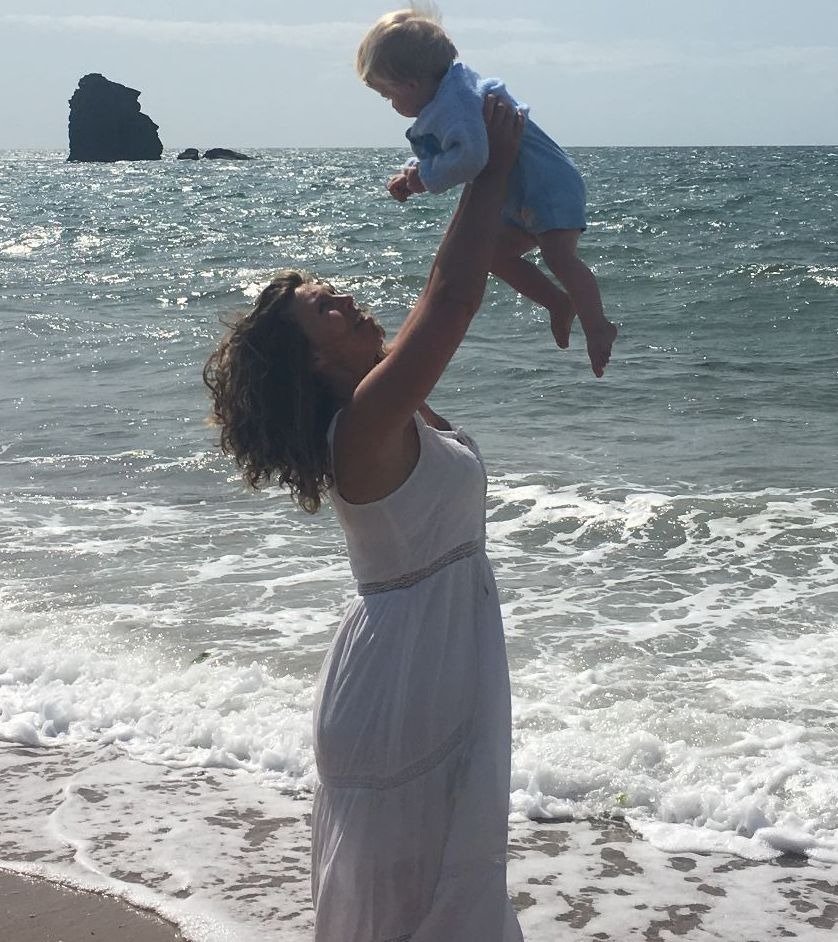This Christmas holidays both my grandson’s were very ill, which resulted in them being admitted into hospital for Christmas Eve and New Year’s Eve. So I decided to do some research from the NHS which I would like to share to help all you worried mum and dads out there.
There were so many ill children and so many worried parents I thought this would be helpful.
The Do’s and Dont’s for a ill baby/child from the NHS
The do’s and don’ts for an ill baby/child
What is a fever?
Important
A normal temperature in babies and children is about 36.4C, but this can vary slightly from child to child.
A fever is a high temperature of 38C or more.
Fever is the body’s natural response to fighting infections like coughs and colds.
Many things can cause a high temperature in children, from common childhood illnesses like chickenpox and tonsillitis, to vaccinations.
Checking a high temperature
Your child might:
• Feel hotter than usual to the touch on their forehead, back or tummy
• Feel sweaty or clammy
• Have red cheeks
Use a digital thermometer, which you can buy from pharmacies and supermarkets, to take your child’s temperature.
How to take your child’s temperature
What to do if your child has a high temperature
You can usually look after your child or baby at home. The temperature should go down over 3 or 4 days.
DO
• Give them plenty of fluids
• Look out for signs of dehydration
• Give them food if they want it
• Check on your child regularly during the night
• Keep them at home
• Give them paracetamol or ibuprofen if they’re distressed or unwell
• Get medical advice if you’re worried about your child
DON’T
• Do not undress your child or sponge them down to cool them – fever is a natural and healthy response to infection
• Do not cover them up in too many clothes or bedclothes
• Do not give aspirin to under-16s
• Do not combine ibuprofen and paracetamol, unless a GP tells you to
• Do not give paracetamol to a child under 2 months
• Do not give ibuprofen to a child under 3 months or under 5kg
• Do not give ibuprofen to children with asthma
URGENT ADVISE: GET AN URGENT GP APPOINTMENT IF YOUR CHILD HAS ANY OF THE FOLLOWING :
• Is under 3 months old and has a temperature of 38C or higher, or you think they have a fever
• Is 3 to 6 months old and has a temperature of 39C or higher, or you think they have a fever
• Has other signs of illness, such as a rash, as well as a high temperature
• Has a high temperature that’s lasted for 5 days or more
• Does not want to eat, or is not their usual self and you’re worried
• Has a high temperature that does not come down with paracetamol or ibuprofen
• Is showing signs of dehydration – such as nappies that are not very wet, sunken eyes, and no tears when they’re crying
Call NHS 111 in the evening and at weekends
KNOWING THE SIGNS OF MORE SERIOUS ILLNESS
It’s quite rare for a fever to be a sign of anything serious (like meningitis, a urinary tract infection and sepsis).
IMMEDIATE ACTION REQUIRED : CALL 999 or go to A&E if your child:
• Has a stiff neck
• Has a rash that does not fade when you press a glass against it
• Is bothered by light
• Has a fit (febrile seizure) for the first time (they cannot stop shaking)
• Has unusually cold hands and feet
• Has pale, blotchy, blue or grey skin
• Has a weak, high-pitched cry that’s not like their normal cry
• Is drowsy and hard to wake
• Finds it hard to breathe and sucks their stomach in under their ribs
• Has a soft spot on their head that curves outwards (bulging fontanelle)

